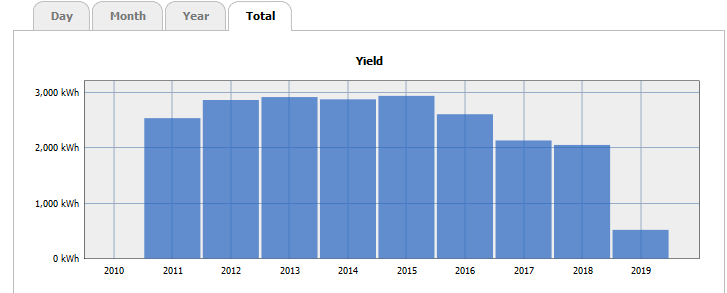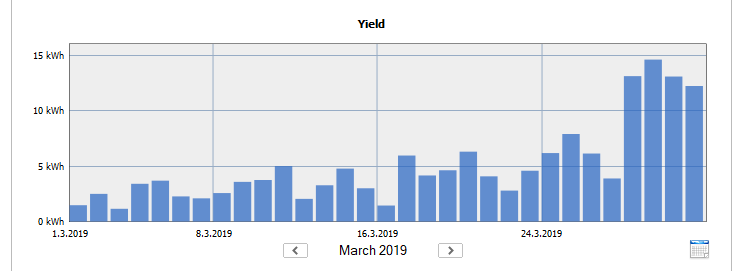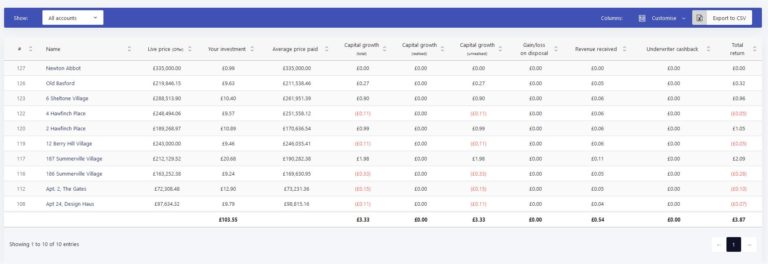The Pros and Cons of Working From Home
Due to the pandemic many people are now working from home some or all of the time. And many others, who may have lost their jobs due to the crisis, are now running home-based businesses or considering setting one up.
I have been working from home for over 30 years now, so in this post I thought I’d set out the main pros and cons as I see them. I hope if you have recently started working from home, or expect to in future, you might find this helpful.
I’ll start with some of the advantages…
The Pros
- Save money – If you work from home you will avoid having to pay travel costs and potentially other work-related expenses like takeaway coffees and meals.
- Be safer – Working from home means there is less chance of catching (or passing on) Covid-19 or other infections. You also avoid having to venture out during the winter months on dangerous wet or icy roads and pavements.
- Save time – You will also avoid wasting many potentially productive hours in your car or on public transport. Many people (e.g. with jobs in London and other major cities) spend two or more hours a day just commuting; added up over a year, the total amount of time ‘lost’ in this way can be quite staggering.
- Feel more comfortable – In general you can wear whatever you like. You don’t even have to dress or shave if you don’t wish (though you will, of course, need to make an effort with your appearance when meeting other people in real life or on online platforms like Zoom). You can take tea, coffee and meal breaks as you like, whenever it happens to suit you. You can arrange your office furniture, lighting, temperature and so on exactly as you prefer. And unlike many offices and other workplaces at the moment, you won’t have to wear a mask all day!
- Benefit from flexibility – Many aspects of family life can be easier to arrange if you work from home. For example, if you want to pop out at 3.30 to collect your youngest child from school, this should be a lot more feasible. To a degree you will be able to choose your own hours, working early in the morning or late at night if these options suit you best. You can be around in the day when the plumber or meter reader calls; you can put out the washing and bring it back in if it starts to rain; and you will not miss important deliveries because you are toiling away at a separate workplace.
- Enjoy tax advantages – If you run a home-based business you may be able to claim a proportion of your household expenses (heating, lighting, mortgage/rent, etc.) against tax. Even if you are working for an employer, you may be able to claim working from home tax relief.
- Improve home security – The fact that you are around in the day can help deter burglars (most burglaries in residential areas take place during the daytime). You will also be on the premises – and therefore able to take prompt action – in the event of fires, burst pipes and other such emergencies. Some insurance companies are starting to recognise this fact and offer lower premiums for homeworkers – though this must be set against the fact that work-related computers and other equipment may have to be insured separately for an additional premium.
If you run your own home business there are various additional advantages.
You will no longer have to endure the horrors of office politics or attend long, dull, pointless meetings (been there, got the tee-shirt). With your own business you can work as many or as few hours as you wish. If you want to work a fifteen-hour day, you can (though hopefully not every day!). Equally, however, you can work part-time if you prefer, perhaps to fit in with family responsibilities. You can also set your own pace, with no-one standing over you telling you to work harder or faster. For older people, or those with disabilities that slow them down, this can be a particular attraction.
As long as your business is bringing in enough money to meet your needs and those of your dependants, you can work as hard or as easily as you wish – you have complete control over your ‘terms and conditions’. But, of course, while you won’t have a boss looking over your shoulder, you will still have clients/customers who will expect a good quality product or service from you within a certain deadline.
The Cons
Although working from home has many attractions, it does possess a few potential drawbacks as well. Some of the main points to consider are set out below.
- May disrupt family life – Working from home means you and your family’s domestic lives will inevitably be affected. Obviously you will need a space in the house to work that might otherwise be used by other family members. If running a business you may have to work during the evenings, public holidays and weekends, when most ‘normal’ people are at leisure. Clients may contact you by phone at any time, even outside normal working hours, so family members will need to become accustomed to receiving calls and be briefed on how to handle them. If you have other heavy phone users in the house you may need to get a separate line for business calls.
- May be distractions – Friends and relatives who would never dream of interrupting you at a ‘proper’ job may think nothing of phoning up or arriving unannounced, not realising (or perhaps caring) that you are at work. Regular interruptions of this nature can seriously reduce your productivity. Even if you avoid this problem, working from home offers a huge range of potential distractions, from pets and family matters, through shopping and household chores, to gardening and watching television. You will need to be self-disciplined, or you can fritter away many working hours on non-productive (in business terms anyway) activities such as these.
- May be lonely – Working from home can be lonely at times. This applies especially if you live on your own, when you may not speak to another person face-to-face (apart from perhaps the post office clerk) for days on end. Even if you do have a family – or at least a spouse/partner – you may find the isolation during the day difficult to bear. This applies especially if you have previously worked in a busy office or factory, or you have a naturally sociable temperament.
- Can be hard to get away from work – If you work from home, you may find that work and domestic life become indivisible and it is very hard to ‘switch off’ and relax when the day’s work is done. People who have previously worked in a separate establishment often find the journey between home and workplace provides a valuable psychological dividing line. When your home is also your workplace this line is gone, and the distinction between work and leisure can therefore become blurred.
- May need better security – As mentioned previously, in some ways working from home is helpful for home security. But if you have high-value, easily portable equipment such as computers, cameras, tools, and so on, this may make your home a more attractive target for burglars. You may therefore need to increase your security, perhaps fitting a burglar alarm, security lighting/cameras, window locks, and so on.
Finally, if you are setting up a home-based business, planning restrictions may apply. This is most likely to be a problem if your business is likely to cause noise or other irritation to your neighbours. If you live in rented accommodation, the landlord may object to your running a business from his property; and if you are buying your house with the aid of a loan or mortgage, the lenders may be unhappy. There may also be terms in the lease or deeds of your property prohibiting its use for business purposes. And there is a possibility that running a business from home may mean that you become liable for business rates as well as your normal council tax.
The best types of business for running from home are those that are small and office-based – or based predominantly on clients’ premises – rather than those requiring workshops and machinery or selling directly to the public. A wide range of home-based franchise opportunities are also available.
In Conclusion
As I said at the start, I have worked from home for over thirty years now, initially as a freelance writer and editor, more recently as a blogger.
I enjoy working from home and in general do recommend it. I do just think that there are two key secrets to doing it successfully in the long term.
First, you should have a part of your home as your designated workspace. Ideally this could be a separate study or office, but at least a quiet corner where you can set up your equipment and files and not have to pack everything away at the end of the day. Growing numbers of people are now using garden sheds or extensions for home working, and this can also be a good solution. But if that’s not an option, work pods can provide a space-saving refuge in which you can avoid noise and other distractions and focus on getting your work done.
I also think that if you’re working from home, it’s vital not to let yourself become isolated. I know that has been easier said than done during the pandemic, but it’s very important to keep up connections with friends, family and colleagues. Home working can be especially challenging if you like and are accustomed to having colleagues to talk to. You really do need to build some social interactions into every day if possible – ideally face to face, but at least via the phone and/or social media. Your mental health may depend on it!
If you have any other comments or questions, as always, please do post them below.
Disclosure: This is a sponsored post.




















